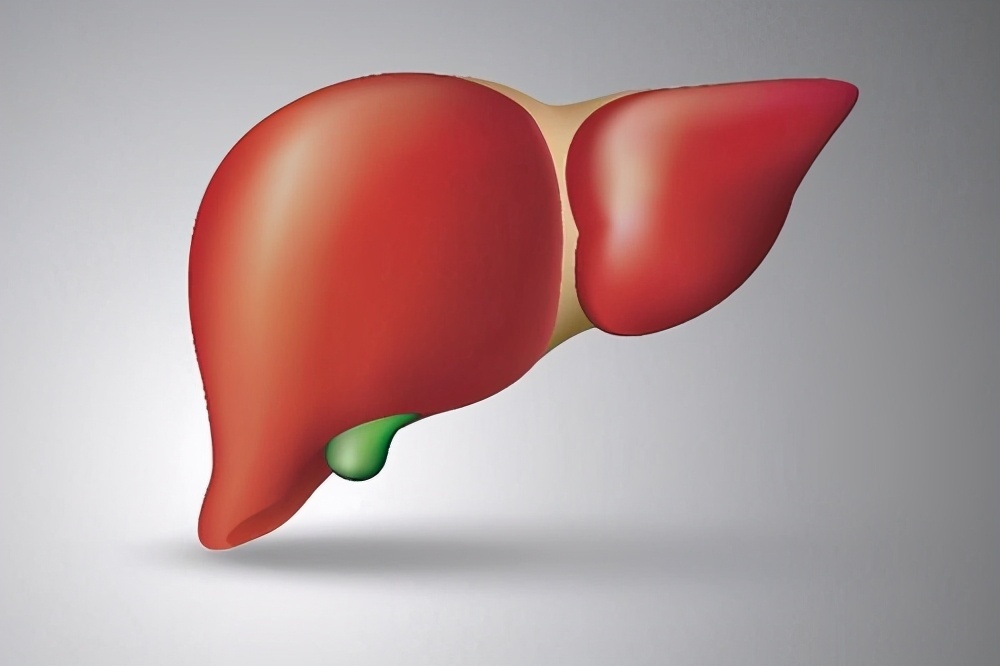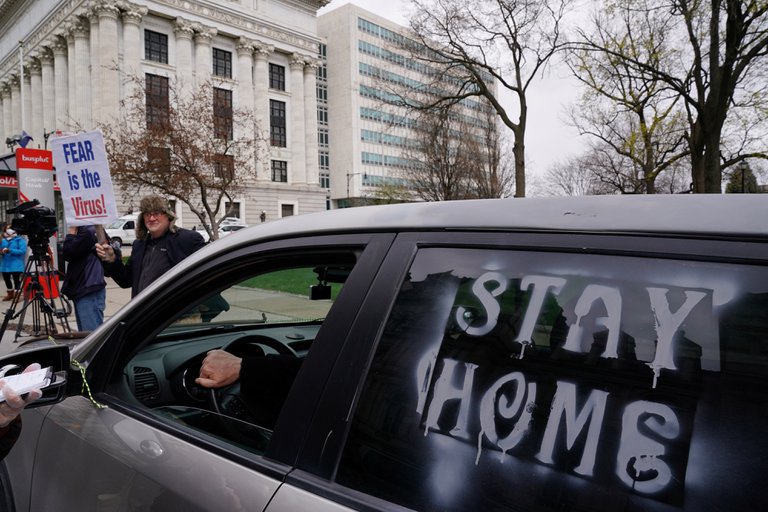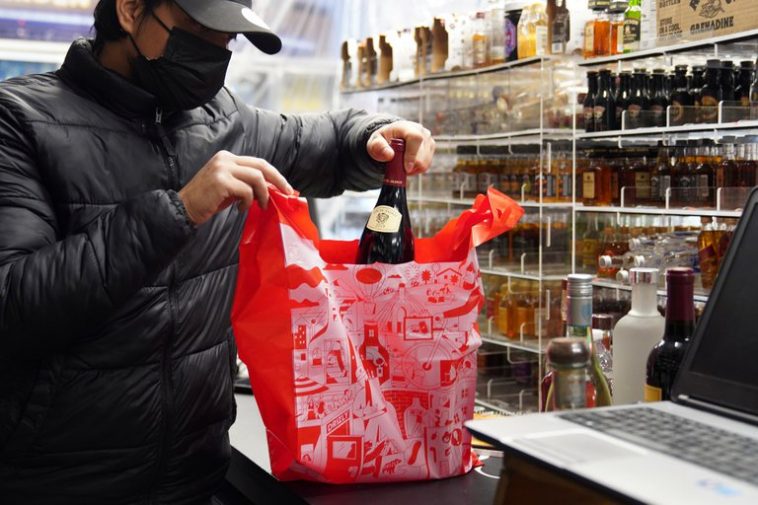Since the beginning of the coronavirus pandemic and restrictions on driving in cities to slow transmission around the world, it was warned that the consumption of toxic substances could increase and harm people’s health. But the pandemic also generated distress, anxiety, and depression, which in some cases was associated with an increase in excessive alcohol consumption. Researchers in hepatology at the University of Michigan have now found that the registries of people suffering from alcoholic hepatitis requiring liver transplants as treatment have grown in the United States.
The need for liver transplants from heavy alcohol use skyrocketed during the pandemic, the group of researchers reported in the journal JAMA Network Open. They found that the number of people who underwent a liver transplant or were put on the waiting list for alcoholic hepatitis was 50% higher than expected based on pre-pandemic trends.
Alcoholic hepatitis is an inflammation of the liver from alcohol consumption. This type of hepatitis is more likely to occur in people who drink heavily for many years. However, not all of these people develop alcoholic hepatitis, and the disease can also occur in people who drink moderately.

In alcoholic hepatitis, inflammation can destroy healthy cells, so patients may require a liver transplant to survive. It usually develops after years of binge drinking, but can also be diagnosed after a short period of binge drinking.
In the new study, researchers at the University of Michigan compared the number of new people who signed up for the U.S. organ transplant list between March 2020 and January 2021 with projected numbers that were based on previous data. to the pandemic. They also examined national records for monthly retail alcohol sales between January 2016 and 2021.
The results suggest a positive correlation between the increase in the number of people on the waiting list to receive a donor liver due to alcoholic hepatitis and increased retail sales of alcohol during the pandemic.
Also this week, the US Substance Abuse and Mental Health Services Administration reported that adults had reported drinking roughly the same amount of alcohol during the pandemic, at least in the fourth quarter of 2020. But the figures from Sales collected by the University of Michigan researchers indicated otherwise. They observed that alcohol sales increased sharply from March 2020 and remained at roughly the same high level for the remainder of the year.

Between March 2020 and January 2021, researchers observed that 51,488 more people were put on the waiting list to receive a liver and that 32,320 liver transplants were performed due to alcoholic hepatitis. The number of people who needed a liver transplant for any reason other than alcoholic hepatitis stayed about the same.
“Although we cannot confirm causation, this disproportionate increase in association with increased alcohol sales may indicate a relationship to known increases in alcohol misuse during COVID-19,” the researchers wrote. “This study provides evidence of an alarming rise in (alcoholic hepatitis) associated with increased alcohol misuse during COVID-19 and highlights the need for public health interventions around binge drinking,” they noted.
The hepatologist Alejandra Villamil, president of the Argentine Society of Hepatology, commented in relation to the study carried out in the United States: “The information is still limited in Latin America. During the pandemic, enrollment of patients on the waiting list has been affected due to difficulties related to the logistics of patient access to transplantation centers, especially in the most acute forms of decompensation. Although this determines that the information we handle is still limited regarding the specific impact on waiting lists and access to transplantation, there is evidence reported by the care centers of a significant increase in the care of patients with decompensated chronic alcoholic disease and acute alcoholic hepatitis linked to excessive alcohol consumption”.

The specialist added: “It is known that during the pandemic there were decompensations of people due to alcohol consumption and they did not access the transplant centers. They were managed in their hospitals or local health centers, of which there are no concrete records”.
Meanwhile, Dr. Federico Villamil, former president of the International Hepatology Society, president of the Foundation for the Teaching and Research of Liver Diseases (FUNDIEH), and head of liver transplantation at the British Hospital in Buenos Aires and at the El Cruce High Complexity Hospital, in Florencio Varela, recalled that liver transplants in patients with alcoholic hepatitis began to be indicated during the last five years or so.
“At the moment there would be no increase in transplants due to alcoholic hepatitis in countries like Argentina. But the study’s finding in the United States makes sense in the context of the pandemic and rising sales of alcoholic beverages. It is also possible that the cases of fatty liver have increased due to the increase in overweight and lack of physical activity, “said Dr. Federico Villamil.

For his part, Dr. Fernando Bessone, a tenured professor of gastroenterology and hepatology at the Faculty of Medicine of the National University of Rosario, and coordinator of the Latin American Hepatoxicity Registry considered: “There are already other studies with good design in the United States that indicated that the occurrence of cases of severe acute alcoholic hepatitis requiring transplantation increased. Therefore, there are more registries of patients who need transplants. This type of hepatitis is a disease that in recent years was already being diagnosed more in young people due to excessive alcohol consumption from an early age”.
Dr. Bessone recommended that people who have changed their drinking habits during the pandemic should seek medical help or addiction counseling. “Alcohol is a toxic substance like tobacco and the person can access addiction treatment to prevent harmful damage to the body such as hepatitis,” he said. “The greatest impact occurred during the confinements. In addition to consuming alcohol, there were people who consumed more unhealthy meals and increased sedentary lifestyles. Today we should promote more public policy actions to discourage the consumption of alcohol and tobacco, increase physical activity and increase the consumption of healthy food,” added Bessone.




GIPHY App Key not set. Please check settings